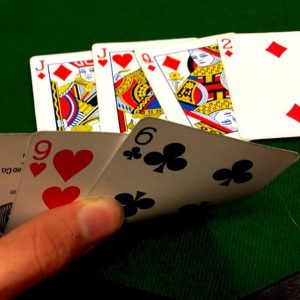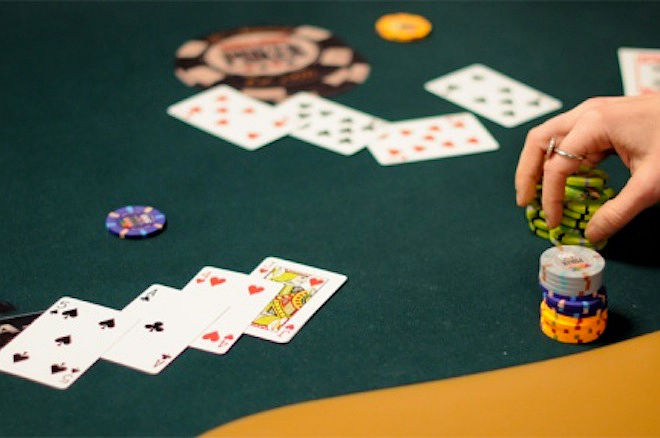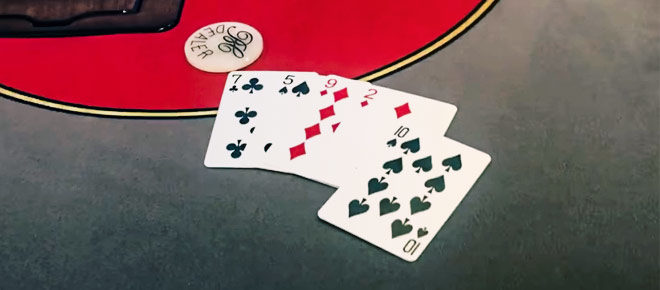Skill From Limit Poker Games That Apply to Hold’em

Many people discount limit forms of poker because they feel that you cannot apply the skills learned in those games to Texas Hold’em. Anyone thinking that clearly has never played limit forms of poker. Today, we will go over skills that you can learn in various limit poker games that will help you be a better Texas Hold’em player.
Seven Card Stud – Patience and Putting Players on Hands
I am personally a big fan of Stud poker games, not just because it is one of the first games I learned to play, but also because it can help you in multiple forms of poker. The first thing that the game will teach you is patience. You cannot play a ton of speculative hands as you can in NL Hold’em. Part of that is because you cannot stack other players when your trash hand becomes a monster by the river.
You have to take the time to pick up reasonable starting hands and play them accordingly. Next, the pace of Stud is much slower than Texas Hold’em, even at online poker sites. I firmly believe that if you have the patience to play Stud or Stud 8 or Better properly, you have the patience to play any form of poker.

Next, since you get to see four of the seven cards in every hand, you can really work on putting players on hands. You can also work on representing hands based on what is showing in your board. This skill will become invaluable when you go to apply it to Texas Hold’em or Omaha poker.
Omaha Hi-Lo – Hand Selection
In Omaha Hi-Lo, hand selection is crucial to long-term success. Playing speculative hands in this game will cost you more money than many other forms of poker because you’re going to be chasing second-best hands or worse. As such, you need to play hands that give you a reasonable chance to scoop pots. It also means staying away from potential trap hands and hands with danglers.
Players that are able to master proper hand selection in Omaha Hi-Lo will generally be able to do so in other forms of poker. While NL Hold’em will generally allow for a looser style of play, there are many times where you have to be more selective. Developing that skill in Omaha 8 or Better will become valuable when you play other poker games.
2-7 Lowball and Badugi – Bluffing
When people play 2-7 Lowball or Badugi, bluffing is not the first skill one thinks of. That’s because most people focus on making quality hands and drawing cards. However, any experienced player in both games will tell you that you will not make your hand in a solid percentage of hands.
As examples, for Badugi, you will often miss your Badugi, or it will be a bad one. For 2-7, you will draw to a pair three times when chasing a seven. When you do this, you have to decide whether to shut down play or bluff (snow).

Snowing in Lowball or Badugi is a bit of an art that requires paying close attention to what your opponents are drawing and their tendencies. If you’re in position and you know that a check after the last draw means they are weak or missed, you can easily snow and take down the pot. The same applies if they bet every street while drawing one and then checked after the last draw.
If you’re able to snow effectively in Lowball, then you have the basic skills needed to bluff successfully in NL Hold’em. Obviously, you will have to work on your bluffing strategy for Hold’em, but you’ll have the core basics necessary to be a successful bluffer.
